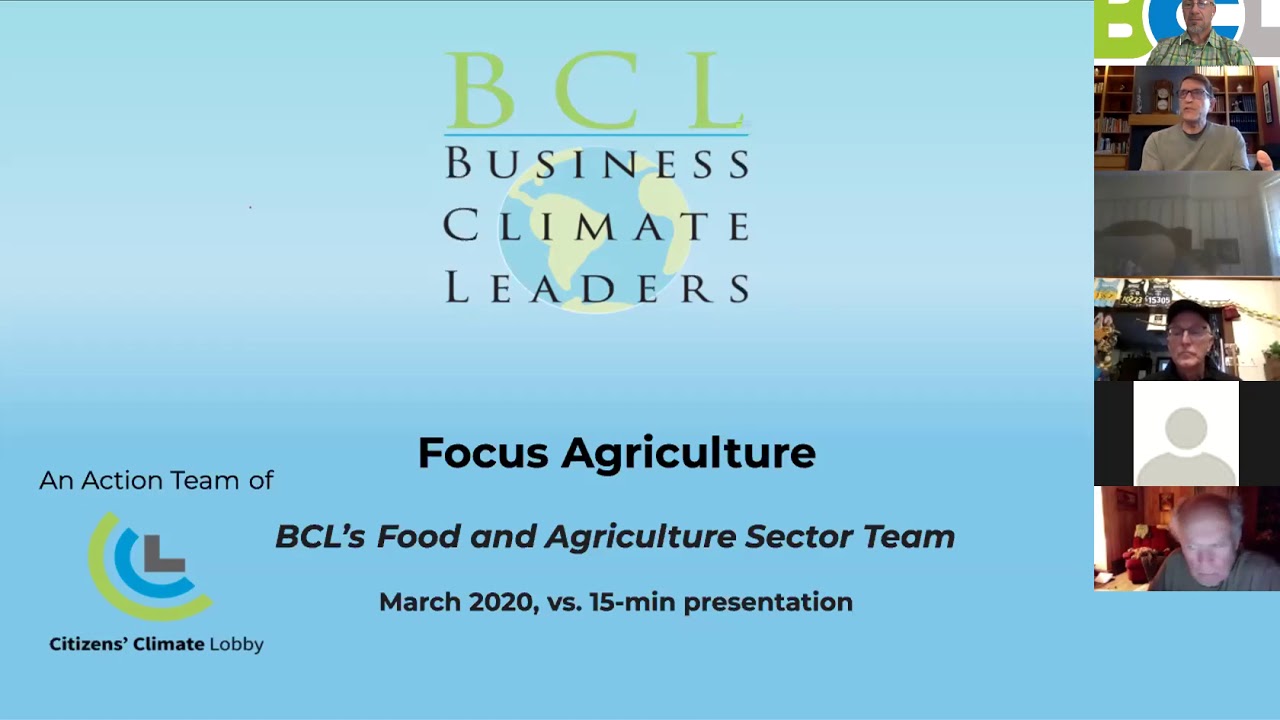Thank you for the opportunity Jerry. I’m having a difficult time with 2 paragraphs, could you please help me to reduce this outline or starting point for a conversation:
Using the process flow of Theory U, can we assume the group has arrived at a stage of ‘Presencing’ and use this as the starting point to move the conversation forwards. To ground us in a definition of ‘Presence’ related to the food system, here is a [ppt](applewebdata://65688A3D-A2D2-427C-8B4E-1C7054BE6FD/Presencing,%20as%20we%20have%20said,%20is%20connecting%20to%20source.%20Crystallizing%20means%20sustaining%20that%20connection%20and%20beginning%20to%20operate%20from%20it.%20The%20first%20prac-%20tical%20aspect%20of%20this%20journey%20is%20to%20clarify%20what%20wants%20to%20emerge.%20Crystallizing%20facilitates%20the%20surfacing%20of%20a%20living%20imagination%20of%20the%20future%20whole.%20It%20clari-%20fies%20the%20vision%20and%20intent%20of%20the%20emerging%20future.) I developed for Business Climate Leaders a couple of years ago, and for anyone interested in a deep dive, the Menus of Change conference currently under way at Harvard has placed all of its lectures on line.
This next phase would then be Crystallizing; given the reality of a dysfunctional system, what should the future look like?
Presencing is connecting to source. Crystallizing means sustaining that connection and beginning to operate from it. The first practical aspect of this journey is to clarify what wants to emerge. Crystallizing facilitates the surfacing of a living imagination of the future whole. It clarifies the vision and intent of the emerging future.
I would suggest to focus the discussion around two design imperatives:
Regenerating soil
There is more life inside healthy soil then there is on top of it. The industrial chemical form of agriculture is killing soil organic matter, a major contributing factor to the current mass extinction of species. Since the start of the industrial revolution, we have lost over 40% of top soil, without which we cannot grow food. Science estimates there are 60 years of top soil left for food production.
Industrial agriculture also causes the loss of carbon in soil, and combined with land use contributes over 24% of global emissions. At the same time, soil has the capacity to absorb carbon out of the atmosphere, buying humanity time to convert the energy systems to carbon neutral.
Food Sovereignty
To regenerate soil back to health requires agriculture to decentralize. Regional conditions of soil, climate, water, and socioeconomics require adaptations unique to each region. At the same time, the centralization of ownership and control over food production has created social disparities. Millions of people even in the US are food insecure, and nutrient deficient foods have caused epidemics of diabetes, obesity, cancer, heart disease.
===========================
Maybe we can pick up a discussion from here. There is a profound lack of vision in the absence of leadership from the government, and the industry itself is mired in conflicting interests. Many of the business models now kept alive in the midst of this crisis have no chance of survival in their present form, but prevent / block systemic changes.
On the other hand there are exciting pockets of innovation in communities throughout the US and indeed the world ready to scale, but lacking access to markets.


